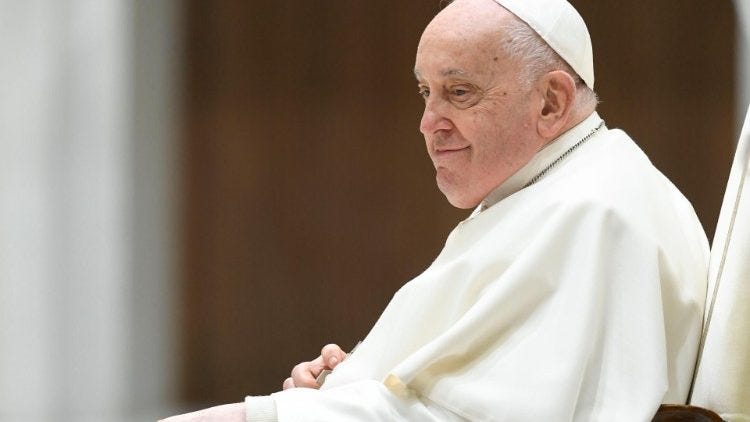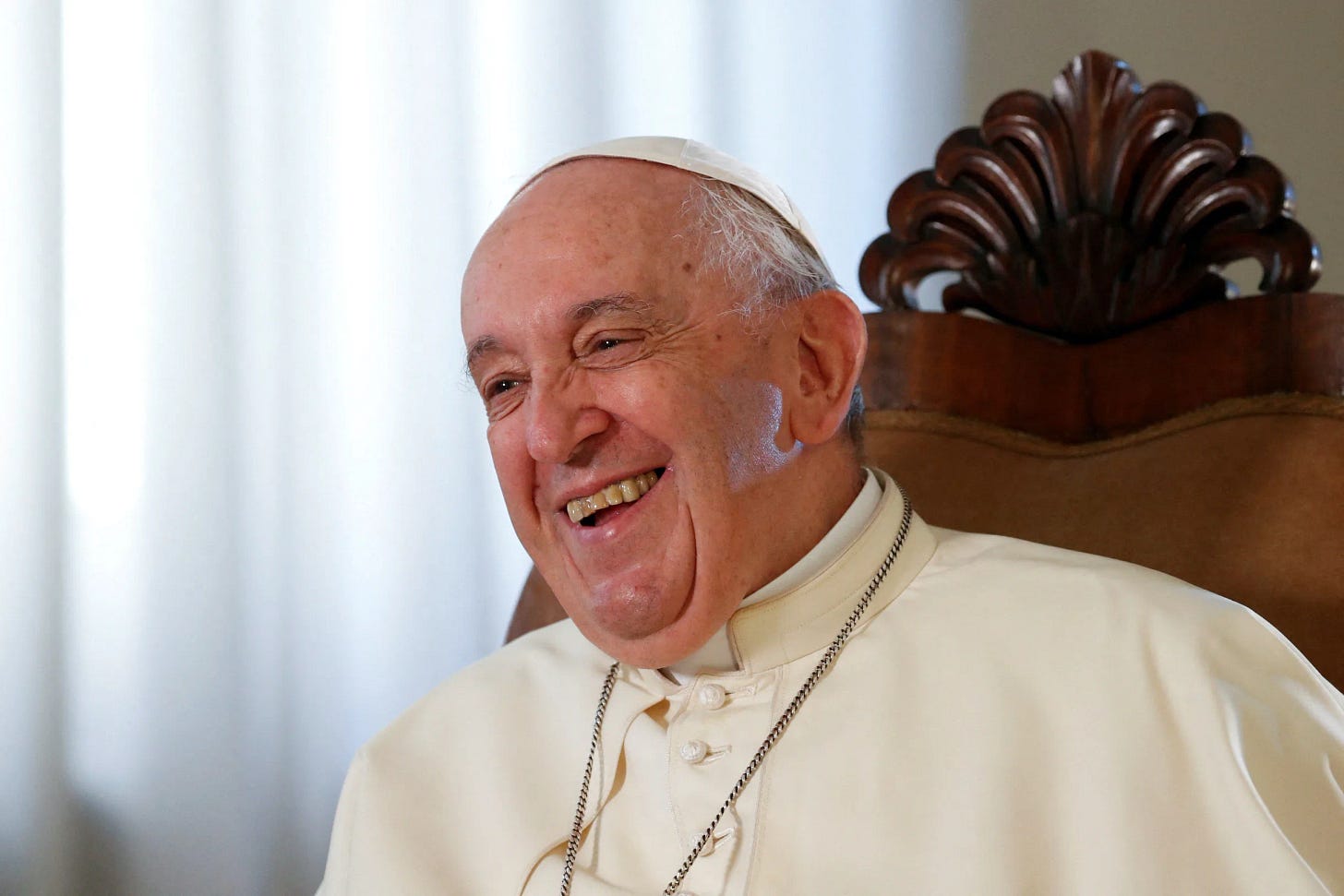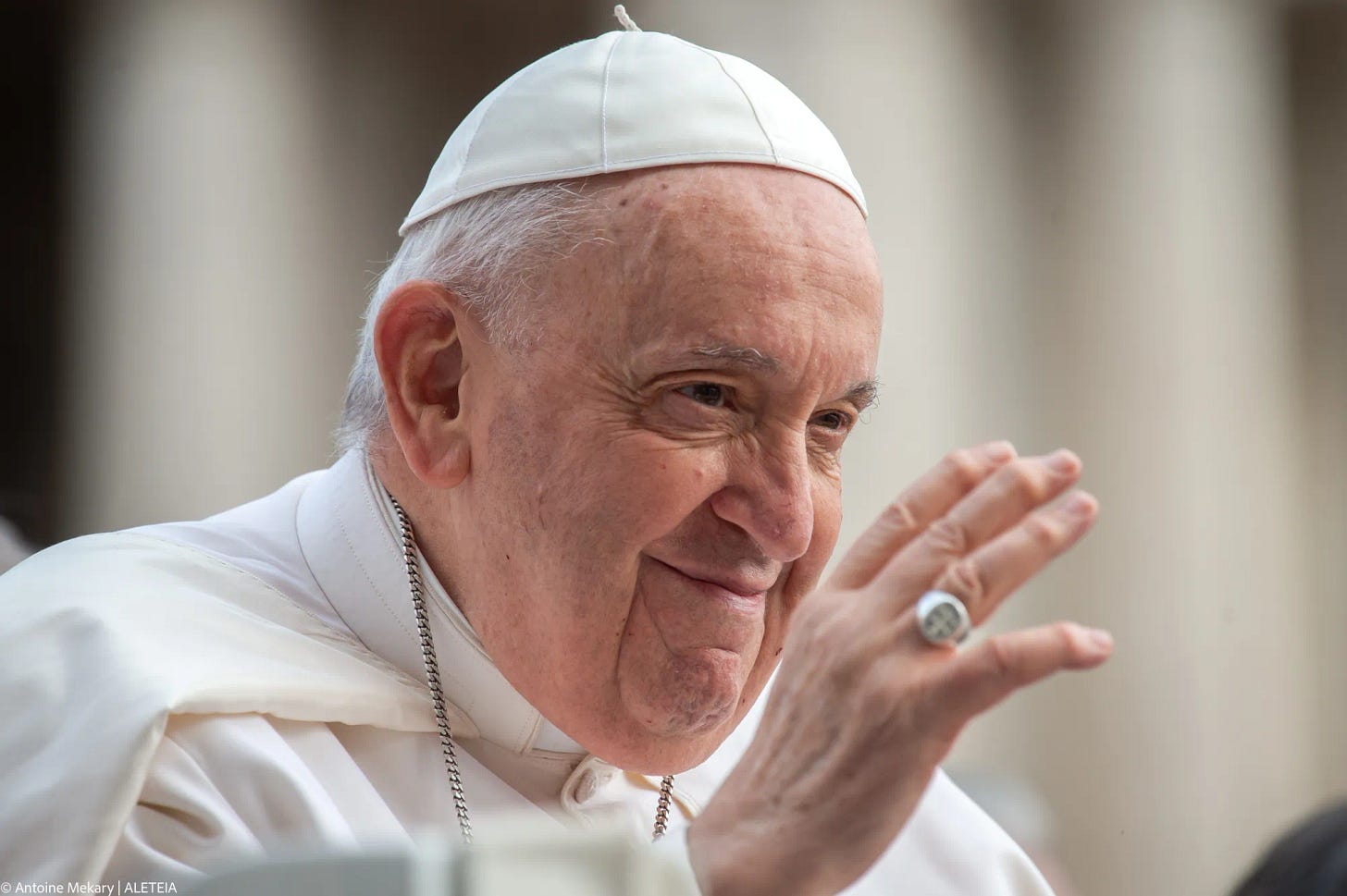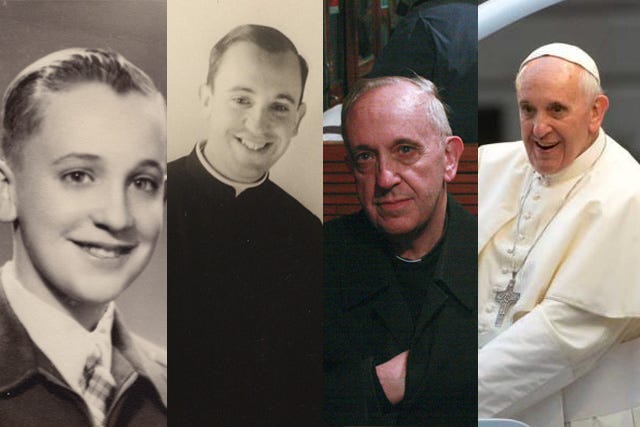Pope Francis, Catholic Church, the Holy See and first Latin American pope, dies
The Vatican mourns a pope who blended humility with global advocacy amid health battles and fierce resistance.
Pope Francis, the first Jesuit and first Latin American pontiff, passed away on Easter Monday at the age of 88, the Vatican has confirmed. He died peacefully at 7:35 a.m. at his residence, Casa Santa Marta, following ongoing health struggles, including pneumonia and recurring respiratory infections.
The announcement was made by Cardinal Kevin Farrell, the Vatican camerlengo:
“Dear brothers and sisters, with deep sorrow I must announce the death of our Holy Father Francis. His whole life was dedicated to the service of the Lord and His Church. He taught us to live the values of the Gospel with fidelity, courage and universal love, especially in favour of the poorest and most marginalized.”
Born Jorge Mario Bergoglio on December 17, 1936, in Buenos Aires to Italian immigrant parents, Francis made history in multiple ways. He was the first pope from the Americas, the first Jesuit to lead the Catholic Church, and the first non-European pontiff in nearly 1,300 years. His election in 2013, following the resignation of Pope Benedict XVI, marked a turning point for the modern papacy.
As the 266th pope, Francis inherited a church deeply wounded by clerical sexual abuse scandals and bureaucratic dysfunction. From the outset, he committed to healing and reform. His papacy was defined by a desire to shift the Church’s focus toward mercy, humility, and social justice, even when it meant challenging long-held traditions.
In one of the most widely quoted moments of his early pontificate, Francis responded to a question about gay priests by saying, “If someone is gay and he searches for the Lord and has good will, who am I to judge?” The comment marked a seismic shift in tone for the Church. In 2023, he made headlines again by authorizing priests to bless same-sex couples, while maintaining traditional Church teaching on marriage. He also welcomed transgender Catholics into fuller participation in Church life—actions that signaled a more inclusive pastoral approach, even as they drew backlash from conservative factions.
Francis’ leadership was grounded in his deep concern for the poor, displaced, and the environment. He vocally opposed harsh immigration policies and spoke out against border walls and nationalism. His 2015 encyclical Laudato Si’ became a landmark document on climate change, urging care for the planet as a moral and spiritual imperative. That same year, in his historic address to the U.S. Congress, he appealed for compassion toward immigrants and for economic and social justice for the most vulnerable.
While progressive in tone, Francis remained conservative in doctrine on several key issues. He consistently opposed abortion, describing it as akin to “hiring a hitman.” He upheld the tradition of priestly celibacy and stopped short of supporting the ordination of women, though he expanded opportunities for women in Church leadership and governance.
Francis also undertook substantial reform of the Church’s approach to clerical sexual abuse. He implemented new legal frameworks mandating that bishops report abuse cases to their superiors. However, critics argued that these measures fell short by not requiring mandatory reporting to civil authorities.
Throughout his tenure, Pope Francis was a deeply polarizing figure. Many hailed him as a spiritual and moral beacon who brought the Church closer to the people. Others viewed him as overly political or disruptive to tradition. His critiques of capitalism, calls for economic equity, and stance against populist movements earned him admiration from global progressives but sparked resistance among conservative bishops, especially in the United States.
In the final year of his life, Francis battled several serious health conditions, including diverticulitis, bronchitis, and pneumonia. Yet he remained active in his ministry, even making a surprise public appearance in St. Peter’s Square just weeks before his death.
His body will lie in state at St. Peter’s Basilica. However, honoring his wishes, he will be buried at the Basilica of St. Mary Major, just outside the Vatican—a gesture in keeping with the humility that marked his papacy.
A conclave will soon be convened in Rome to elect his successor. As cardinals gather from across the globe, they do so in the shadow of a profoundly transformative figure whose legacy is still being measured.
“A little bit of mercy makes the world less cold and more just,” Pope Francis once said.
In life and in leadership, he sought to warm the world with that mercy.








